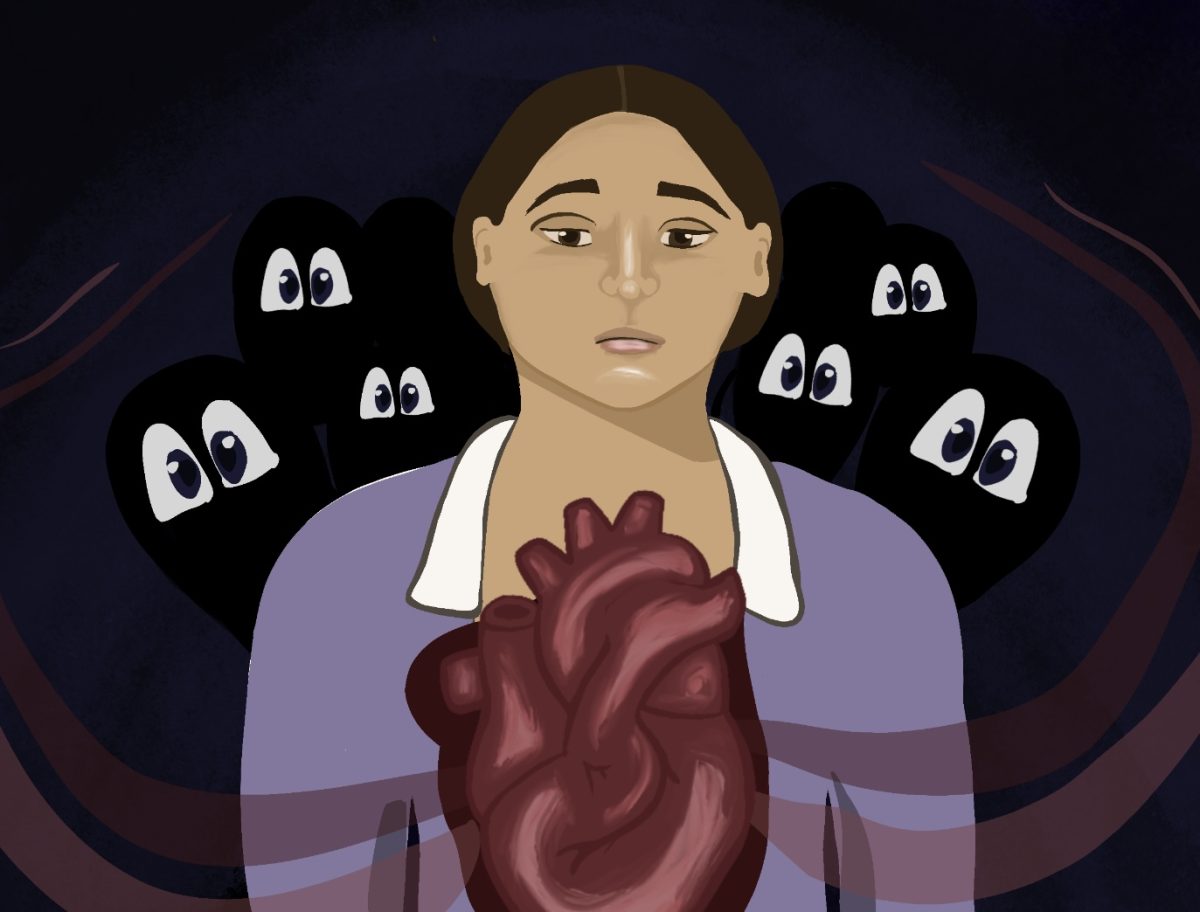When a man came by to announce it would be a 30 minute wait to vote at the Perry-Castañeda Library, Scott Spivey, a Plan II and neuroscience senior, wasn’t fazed. “Regardless of political party, one of the biggest issues, especially coming off of the 2016 election, is the number of people who show up to vote. Longer lines during early voting can be a good thing,” Spivey said.
Despite the addition of a new polling location on campus, wait times at UT’s two polling locations have ranged anywhere from a few minutes to over an hour. With such an unprecedented number of people coming to the polls and unpredictable wait times, professors should consider voting as an excused absence.
In 2014, only 26 percent of registered voters at UT voted. In 2016, that number jumped to 56.5 percent. And although voter turnout at presidential elections is higher on average than in the midterms, in comparison with the national average of 43 percent, UT students turn out to vote at much higher rates than average.
Psychology junior Sam Sanders said she came out to vote early because she hopes that her vote will help bring a Democratic majority in Congress. “I don’t want to wait until the last minute to vote for something as important as this.”
This isn’t an uncommon thought. After Beto O’Rourke’s two visits to UT’s campus this semester, Beto signs, pins and t-shirts have been a common sight across campus. The increased wait times on campus reflects this new student voter enthusiasm. Though increased voter turnout is never a bad thing, variable wait times can be for students.
All the professors I interviewed prior to the polls opening this week were opposed to the idea of giving students an excused absence for voting. In an email, government professor David Prindle wrote, “given that it is easy to vote early, and given that it is easy to go to the polls on election day, I see no reason to give students time off from class-time.”
His response is valid. If you are a registered voter in Travis County, you can vote at any polling location at any time between 7 a.m. and 7 p.m. Additionally, with the new BeVote app you can easily check wait times at polling locations throughout the county. But for students without a car, especially those who already live on campus near those two polling locations, it’s unreasonable to expect them to add transportation time and cost when it is not necessary.
Robert Quigley, a journalism senior lecturer, was also opposed to the idea of excused absences, but said it was possible that some students might need the exception. “If someone has just the most ridiculous schedule ever, and their (classes) go from early in the morning until late at night, there’s just no other way they can make it to the polls, I might, just because it’s really important.”
Professors sometimes accept selfies as proof of attendance at required events. That system could easily translate to voting. Even just allowing a student stuck in line to not be counted late would help. Though cancelling class may not be possible, being flexible with young voters — who, throughout Texas are the least likely to turnout to vote — can foster voting enthusiasm on UT’s campus.
I won’t pretend that it’s difficult to vote in Austin. But since it has become so much easier to vote in Austin, there are waves of voters — especially first-time voters — flooding to the polls, which makes early voting more similar to Election Day. Professors can send a message they encourage their students to vote by being flexible with attendance during the voting period, especially during what is sure to be a hectic Election Day.
Newman is a journalism junior from Frisco.


















